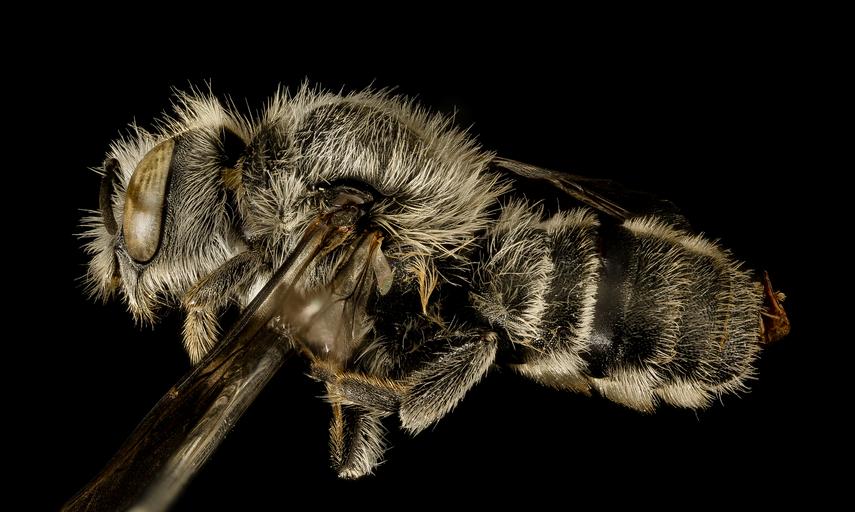MAKE A MEME
View Large Image

| View Original: | Hoplitis_anthocopoides,_f,_side,_Washington_Co._Maryland_2016-03-29-17.03.jpg (4866x2915) | |||
| Download: | Original | Medium | Small | Thumb |
| Courtesy of: | www.flickr.com | More Like This | ||
| Keywords: zerene stacker zerenestacker stackshot geological survey geologicalsurvey united states geological survey unitedstatesgeologicalsurvey department of the interior departmentoftheinterior droege biml bee inventory and monitoring laboratory beeinventoryandmonitoringlaboratory canon close-up closeup macro insect bug patuxent wildlife research center patuxentwildliferesearchcenter pwrc usgs dofstacking stacking bee bees apoidea hymenoptera taxonomy: binomial = hoplitis anthocopoides taxonomybinomialhoplitisanthocopoides hoplitis anthocopoides hoplitisanthocopoides amanda robinson amandarobinson washington county washingtoncounty maryland introduced species introducedspecies alien invasive viper's bugloss vipersbugloss specialist appalachians black background animal monochrome texture photo border Hoplitis anthocopoides - relatively recently introduced species into North America, this is a bee who specializes in the equally introduced plant Vipers Bugloss (Echium vulgare). Perhaps because it is a plant specialist it is not recorded very often, but there are scattered records throughout eastern North America particularly in the north east and along the Appalachians. Theoretically it should spread throughout the range of its plant pollen host. The specimen represents the first record for the species in the state of Maryland and was collected in Washington County. Photography by Amanda Robinson. ~~~~~~~~~~{{{{{{0}}}}}}~~~~~~~~~~ All photographs are public domain, feel free to download and use as you wish. Photography Information: Canon Mark II 5D, Zerene Stacker, Stackshot Sled, 65mm Canon MP-E 1-5X macro lens, Twin Macro Flash in Styrofoam Cooler, F5.0, ISO 100, Shutter Speed 200 Beauty is truth, truth beauty - that is all Ye know on earth and all ye need to know " Ode on a Grecian Urn" John Keats You can also follow us on Instagram - account = USGSBIML Want some Useful Links to the Techniques We Use? Well now here you go Citizen: Art Photo Book: Bees: An Up-Close Look at Pollinators Around the World www.qbookshop.com/products/216627/9780760347386/Bees.html... Basic USGSBIML set up: www.youtube.com/watch?v=S-_yvIsucOY USGSBIML Photoshopping Technique: Note that we now have added using the burn tool at 50% opacity set to shadows to clean up the halos that bleed into the black background from "hot" color sections of the picture. www.youtube.com/watch?v=Bdmx_8zqvN4 PDF of Basic USGSBIML Photography Set Up: ftp://ftpext.usgs.gov/pub/er/md/laurel/Droege/How%20to%20Take%20MacroPhotographs%20of%20Insects%20BIML%20Lab2.pdf Google Hangout Demonstration of Techniques: plus.google.com/events/c5569losvskrv2nu606ltof8odo or www.youtube.com/watch?v=4c15neFttoU Excellent Technical Form on Stacking: www.photomacrography.net/ Contact information: Sam Droege sdroege@usgs.gov 301 497 5840 Hoplitis anthocopoides - relatively recently introduced species into North America, this is a bee who specializes in the equally introduced plant Vipers Bugloss (Echium vulgare). Perhaps because it is a plant specialist it is not recorded very often, but there are scattered records throughout eastern North America particularly in the north east and along the Appalachians. Theoretically it should spread throughout the range of its plant pollen host. The specimen represents the first record for the species in the state of Maryland and was collected in Washington County. Photography by Amanda Robinson. ~~~~~~~~~~{{{{{{0}}}}}}~~~~~~~~~~ All photographs are public domain, feel free to download and use as you wish. Photography Information: Canon Mark II 5D, Zerene Stacker, Stackshot Sled, 65mm Canon MP-E 1-5X macro lens, Twin Macro Flash in Styrofoam Cooler, F5.0, ISO 100, Shutter Speed 200 Beauty is truth, truth beauty - that is all Ye know on earth and all ye need to know " Ode on a Grecian Urn" John Keats You can also follow us on Instagram - account = USGSBIML Want some Useful Links to the Techniques We Use? Well now here you go Citizen: Art Photo Book: Bees: An Up-Close Look at Pollinators Around the World www.qbookshop.com/products/216627/9780760347386/Bees.html... Basic USGSBIML set up: www.youtube.com/watch?v=S-_yvIsucOY USGSBIML Photoshopping Technique: Note that we now have added using the burn tool at 50% opacity set to shadows to clean up the halos that bleed into the black background from "hot" color sections of the picture. www.youtube.com/watch?v=Bdmx_8zqvN4 PDF of Basic USGSBIML Photography Set Up: ftp://ftpext.usgs.gov/pub/er/md/laurel/Droege/How%20to%20Take%20MacroPhotographs%20of%20Insects%20BIML%20Lab2.pdf Google Hangout Demonstration of Techniques: plus.google.com/events/c5569losvskrv2nu606ltof8odo or www.youtube.com/watch?v=4c15neFttoU Excellent Technical Form on Stacking: www.photomacrography.net/ Contact information: Sam Droege sdroege@usgs.gov 301 497 5840 | ||||